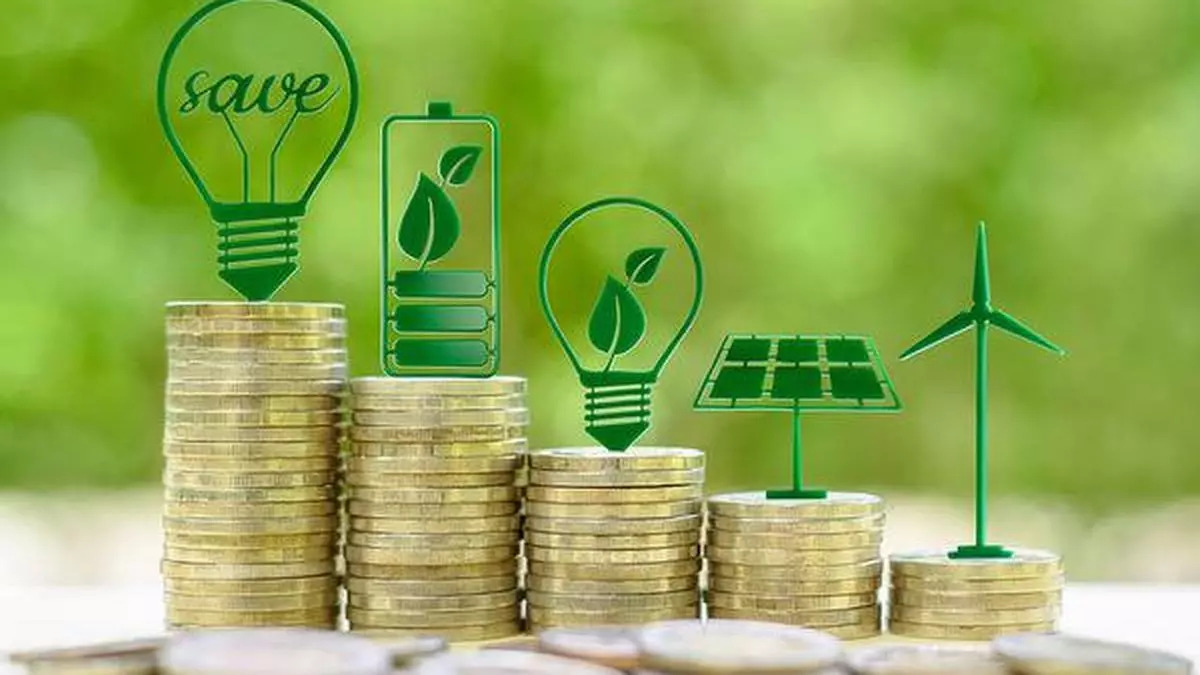
India’s Aluminium Sector to Invest ₹42,500 Crore in Renewable Energy, Adding 20 GW by 2030 – EQ
In Short : India’s aluminium sector plans to add 20 GW of renewable energy capacity by 2030, with an investment of ₹42,500 crore. This shift aims to reduce carbon emissions by integrating solar and wind power into aluminium production. Companies like Hindalco and Vedanta are leading the way, committing to renewable energy, while India targets 500 GW of clean energy by 2030.
In Detail : India’s aluminium sector is set to undergo a significant transformation with plans to add 18–20 GW of renewable energy (RE) capacity by 2030. This move will require an investment of approximately ₹42,500 crore. The expansion is aimed at supporting the growing demand for aluminium while addressing the environmental impact of production processes.
The aluminium industry is planning to add around 4.5 million tonnes per annum (MTPA) of new primary aluminium capacity. Most of the required renewable energy will be sourced to power upcoming smelting operations, with 93% of the energy coming from solar and wind power. The remaining 7% will come from transitioning existing grid electricity imports to renewable sources and integrating green hydrogen into alumina refining.
This shift towards renewable energy is expected to play a crucial role in reducing the carbon footprint of aluminium production. A recent study by the Council on Energy, Environment and Water (CEEW) revealed that using renewable energy in the sector could cut emissions by 49%, amounting to a reduction of 38 million tonnes of CO₂. This transition to green energy aligns with India’s broader environmental goals.
However, achieving near-net-zero aluminium production comes at a higher cost. The process is nearly 61% more expensive than conventional methods. To address this, industry players are exploring alternative strategies like incorporating biomass in alumina refining and retrofitting smelting plants with inert anodes, which could reduce emission intensity by 23% at a minimal cost increase.
Leading aluminium producers are actively investing in renewable energy integration. Hindalco Industries, a part of the Aditya Birla Group, plans to enter solar module manufacturing and has partnered with Greenko Group to supply solar and wind energy for its smelting operations. Vedanta Aluminium, India’s largest producer, has committed to increasing its renewable energy share to 30% by 2030, up from just 5% currently.
This transition in the aluminium sector is in line with India’s broader renewable energy goals. The country aims to add 500 GW of clean energy by 2030, with companies like Tata Power planning substantial investments to expand renewable capacity. The aluminium sector’s focus on renewable energy is a key driver in achieving India’s clean energy future, contributing significantly to the country’s sustainability efforts.














